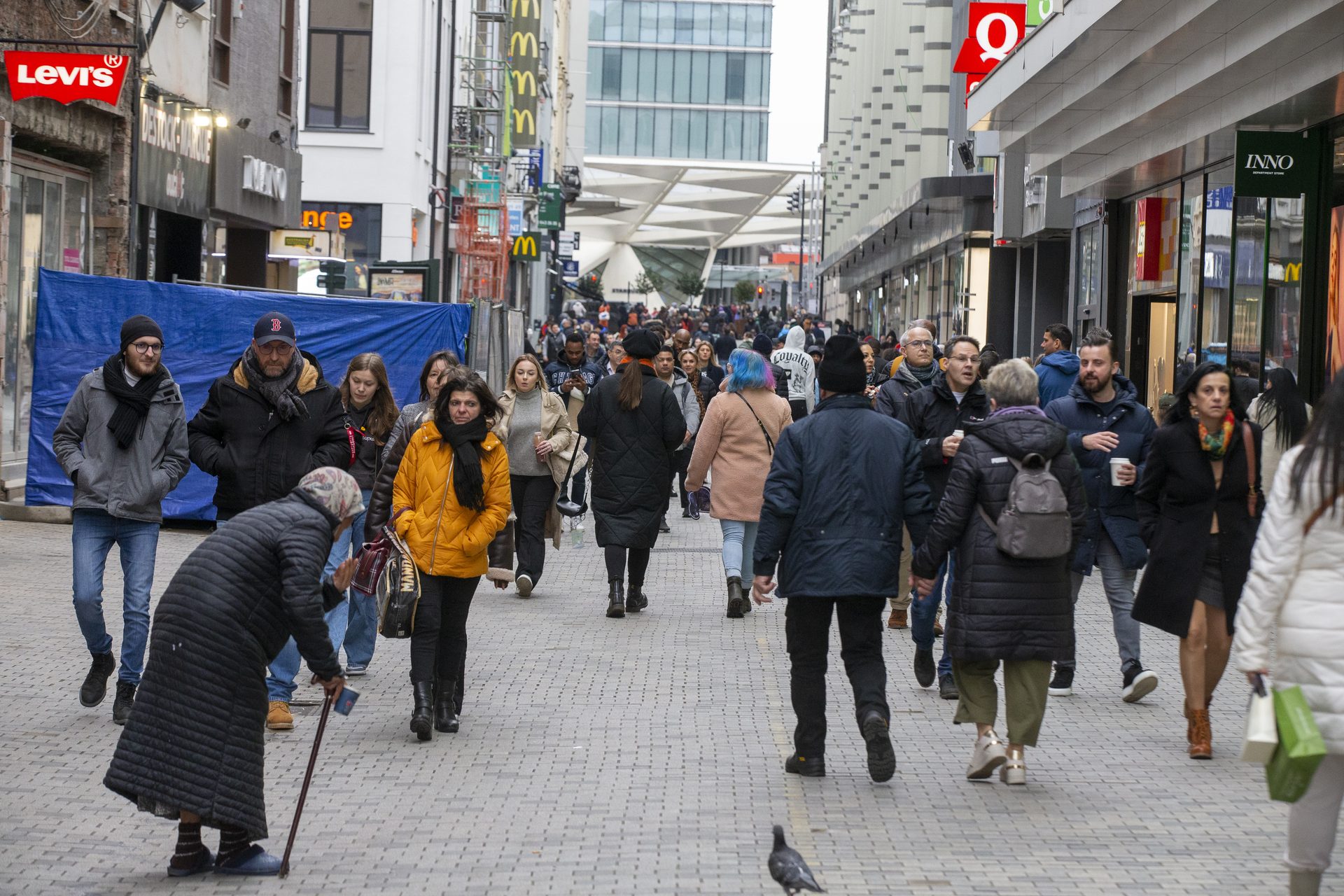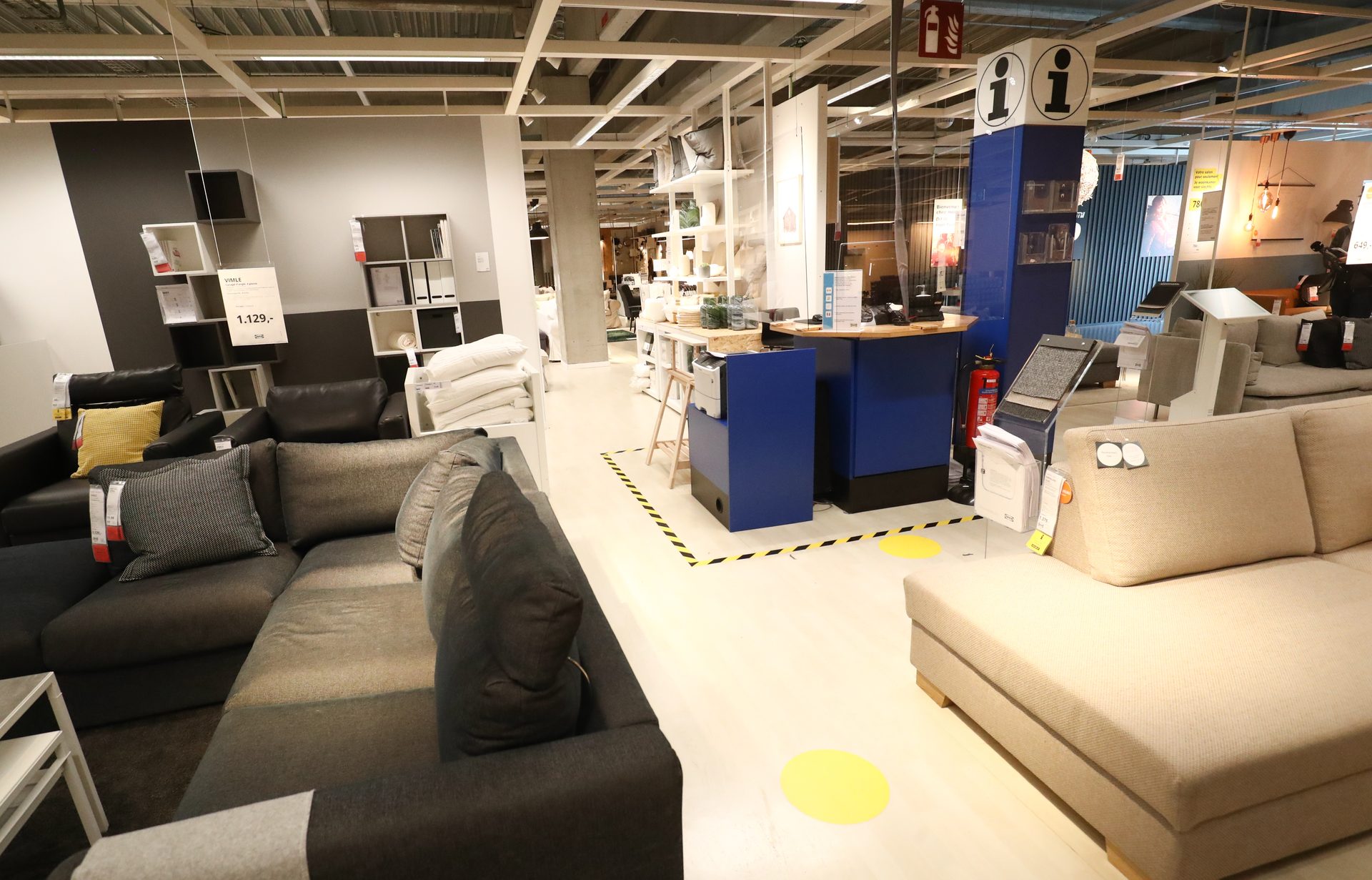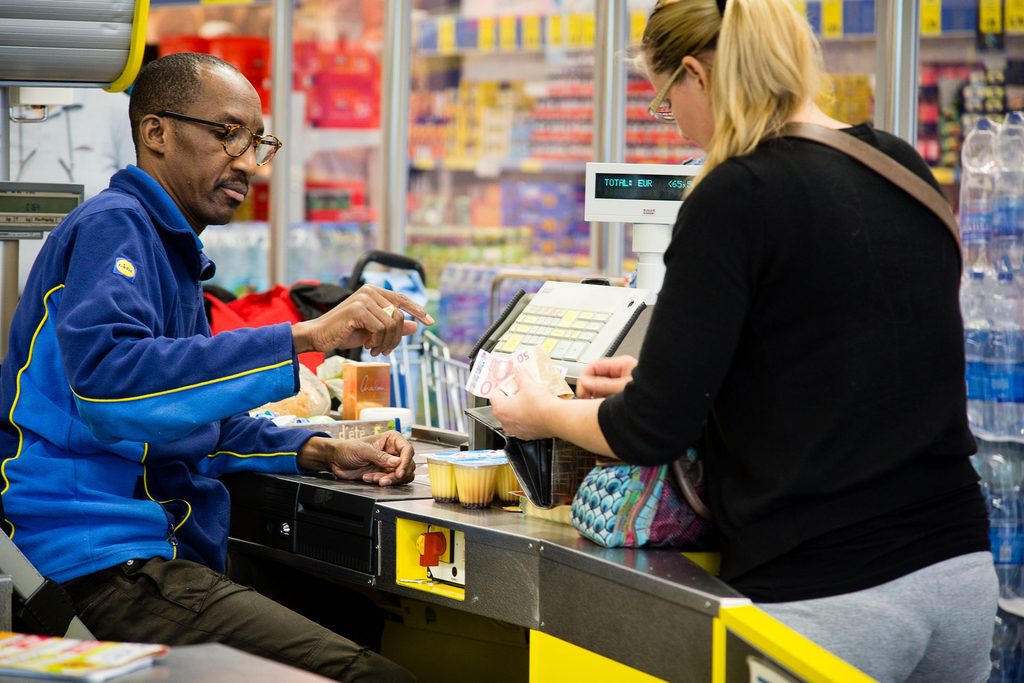Belgian households have spent on average almost €5,000 more on their living costs, from housing to food and clothing, since 2018. In Brussels, this has gone up by €6,000 during the five-year period.
In absolute terms, Belgians had considerably more to spend last year than before, according to Statbel. Nationwide, the average Belgian household spent €40,223 in 2022 – 12% more than in 2018 ( €35,764). This has a lot to do with the automatic wage indexation to keep salaries in line with rampant inflation.
Of all Belgian regions, average household spending in Flanders was the highest: almost €1,000 more than the national average at €41,180 – €4,300 more than in 2018. Although households in Brussels spend less, the increase was greater than in Flanders, rising €6,300 over the five-year period.
The difference between spending habits in Belgium's regions was also striking: in Wallonia, people spend a smaller share of their budget on food, clothing and catering, but a larger share on housing and transport. They also spend proportionally less on restaurants and catering than Flemish and Brussels households.
Perhaps little surprise to anyone living in Brussels, residents of the Capital Region spend up to 2% more on average on housing costs than in the other regions (rent/mortgage, water, energy, maintenance and related costs). As the most expensive region in the country for housing, people living in Brussels spend around one-third of their household income. The region's residents also spend proportionally more of their budget on cultural and leisure activities.
"The increase in gas prices plays a major role. The average budget for gas rose by 50% between 2020 and 2022, from €472 per household in 2020 to €709 in 2022," Statbel noted.
The lasting effects of Covid-19
The health crisis has had lasting effects on household spending, especially consumer habits. Relatively speaking, households still spend less on transport than before the pandemic, despite the dramatic rise in the price of petrol and diesel. This is largely explained by the fact that working from home is more commonplace, leading to a significant reduction in commuting.
In 2018, 11.4% of the Belgian household budget was spent on transport; last year this was 10.8%. In Brussels, just 7.8% of this budget went to transport.

Credit: Belga/ Nicolas Maeterlinck
A similar trend can be seen for spending on clothes and shoes. Whilst this collapsed in 2020 as shops were closed during the pandemic and the need to refresh wardrobes vanished, the uninhibited opening of shops has not yet been followed by a recovery in spending (in the latest figures, clothing accounted for 4% of household spending, down from 4.6% in 2018). Even in absolute terms, people in Belgium are spending less on clothes and shoes.
Socialising or staying home, people want a good time
When it comes to spending on furniture and household appliances, however, the interest in improving one's home is clear. Without the option of going out during the pandemic, spending in this area rose dramatically. It has subsequently remained higher than pre-pandemic levels with people in Belgium spending an average of €2,298 on furniture, household appliances and maintenance products. In 2018 this was €1,878.
Perhaps most striking is spending on air conditioners: 7% of Belgian households have invested in a fixed installation and 11% in a mobile one. Four years ago this was 3% and 5%, respectively.

Credit: Belga/ Virgnie Lefour
Also noteworthy is spending on hospitality, which remains higher than before the pandemic despite concerns about inflation and the rising cost of living. Analysts suspect that the appetite to eat and drink out might in part be down to the fact that these forms of socialising were prohibited during the lockdowns.
Despite reports of high food inflation, the proportion of the budget spent in supermarkets and bakeries has stayed more or less constant. Statbel suggested that higher prices were offset as people have become more price-conscious, leading them to cheaper supermarkets or choosing to buy non-premium brands.
However, the organic market in Belgium has been boosted: in 2018 the average Belgian household spent €240 on organic food – less than 0.7% of its budget; by 2022 this had risen to €360 – equivalent to 0.9% of its total budget.

